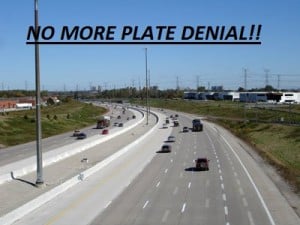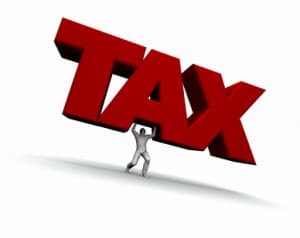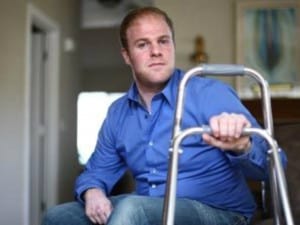 407 ETR found out that bankruptcy law is complicated. It not only deals with the facts, but with the spirit of the law. Canada (Superintendent of Bankruptcy) v. 407 ETR Concession Company Limited, 2013 ONCA 769 (Bankruptcy and Insolvency Act CanLII) is a very interesting case.
407 ETR found out that bankruptcy law is complicated. It not only deals with the facts, but with the spirit of the law. Canada (Superintendent of Bankruptcy) v. 407 ETR Concession Company Limited, 2013 ONCA 769 (Bankruptcy and Insolvency Act CanLII) is a very interesting case.
It involves Matthew David Moore, a truck driver who owned two vehicles and was a frequent user of this toll highway. Mr. Moore owed the money for usage of the toll Highway which he failed to pay. In March 2005 and December 2006, 407ETR sent notices of his non-payment relating to two separate vehicles to the Registrar of Motor Vehicles for the Province of Ontario (the “Registrar”). As a result, when the vehicle permit for one of the vehicles expired in August 2005, it could not be renewed. However, Mr. Moore continued to use Highway 407 for another 18 months and as of October 2007, he owed $34,977.06.
In November 2007 Mr. Moore made an assignment into bankruptcy. The 407ETR was listed as a creditor but it did not file a proof of claim which would have enabled the 407ETR to make submissions at any hearing into Moore’s discharge from bankruptcy and to share rateably with Moore’s other unsecured creditors in the bankruptcy. After declaring bankruptcy Mr. Moore had an accident and retrained to become a car salesman, which is what he now does for a living. He gave evidence that he needs a vehicle permit in order to do his job and earn a living. In February 2011 Mr. Moore obtained a conditional discharge from bankruptcy. He requested an Ontario Ministry of Transportation (“MTO”) vehicle permit but the MTO refused his request due to his outstanding indebtedness to this Highway concession company. On June 21, 2011, Mr. Moore obtained an absolute discharge from bankruptcy. Even though he was discharged from bankruptcy, the MTO refused to issue Mr. Moore a vehicle permit. The alleged conflict, in this case, is between s. 178(2) of the BIA, which releases the discharged bankrupt from most claims, and s. 22(4) of the 407 Act, which permits 407ETR to initiate a process by which the debtor will be denied a vehicle permit until he or she discharges the debt to 407ETR. A lot of legal wrangling ensued and eventually, this matter went to appeal. The issues on appeal were:
(i) Does s. 22(4) of the 407 Act conflict with the operation of s. 178 (2) of the BIA?
(ii) Does s. 22(4) of the 407 Act conflict with the purpose of the bankruptcy and insolvency system because it (a) thwarts the objective of providing the bankrupt with a fresh start or (b) creates a new class of debt that survives bankruptcy and frustrates Parliament’s intention to treat all unsecured creditors equally?
What was the 407 etr ruling?
“For these reasons, I would allow the appeal and, as requested by the appellant, set aside the order of the motions judge. In its place, I would substitute an order that:
(1) the discharge of Moore dated June 21, 2011, released him from all claims provable in bankruptcy, including the toll highway debt as at November 10, 2007, and
(2) the Ministry of Transportation is hereby directed to issue license plates to Moore upon payment of the usual licensing fees.
Further, I would declare that s. 22(4) of the 407 Act is inoperative to the extent that it thwarts the purpose of providing a discharged bankrupt with a fresh start.”
This decision ensured that bankruptcy did provide Mr. Moore with a fresh start. If you are experiencing serious financial problems and are looking for a fresh start, contact Ira Smith Trustee & Receiver Inc. today. You can even do some self-study with our bankruptcy faqs. Upon review of your situation, we will provide you with a solid plan for moving forward. Starting Over, Starting Now you can get your life back on track and live a happy and productive life.





